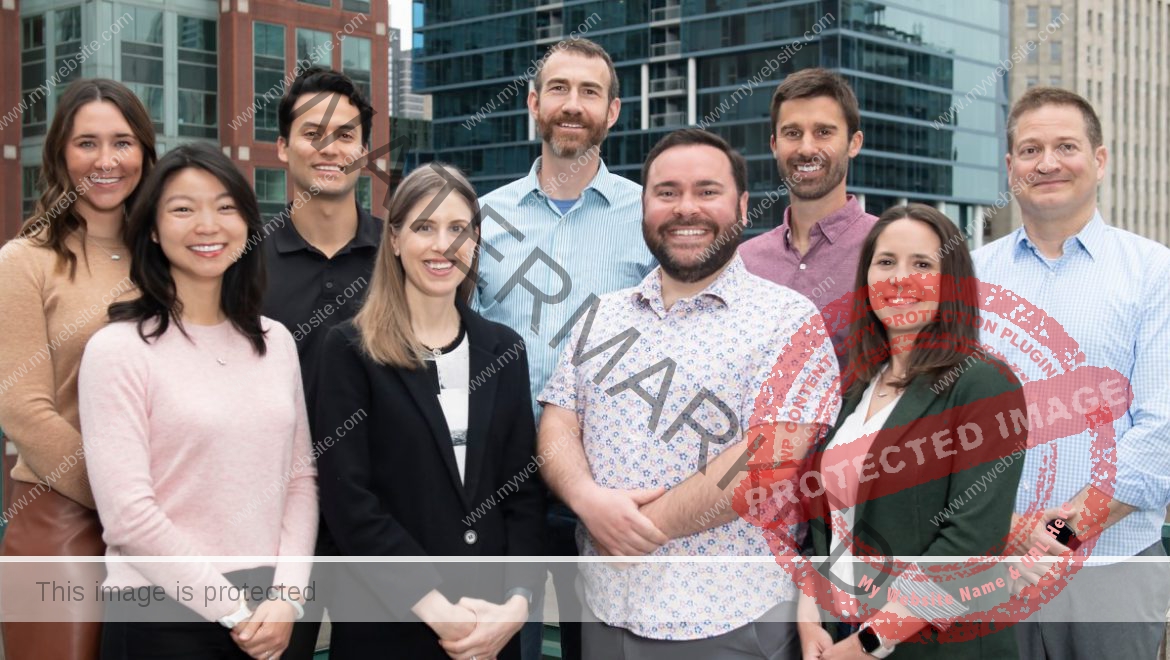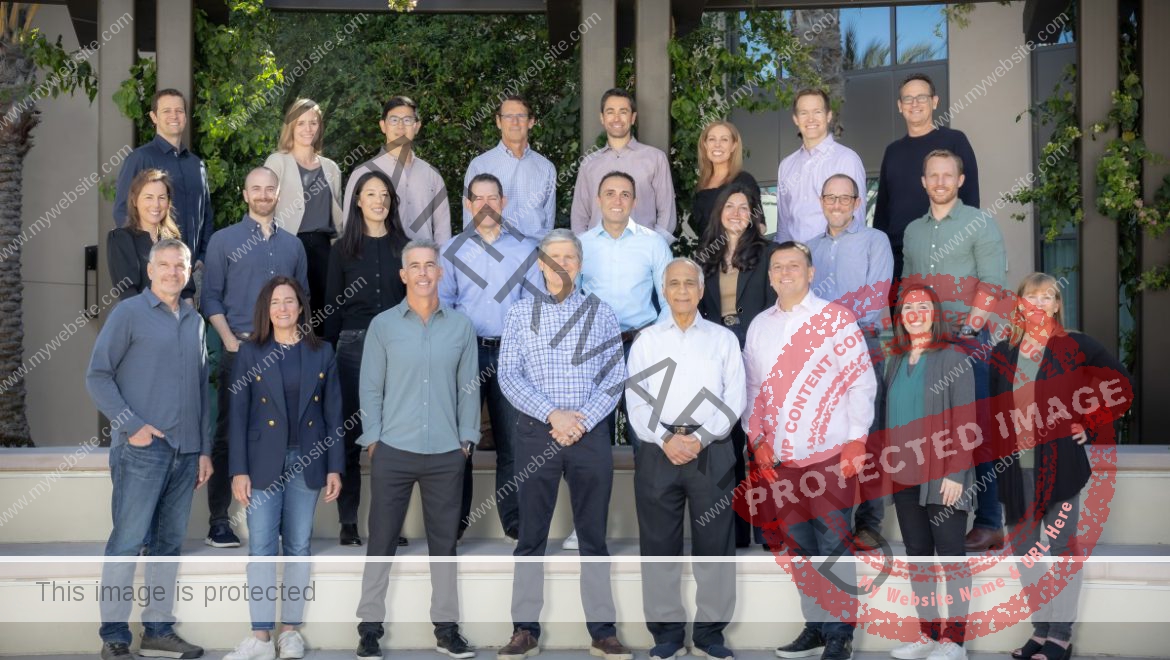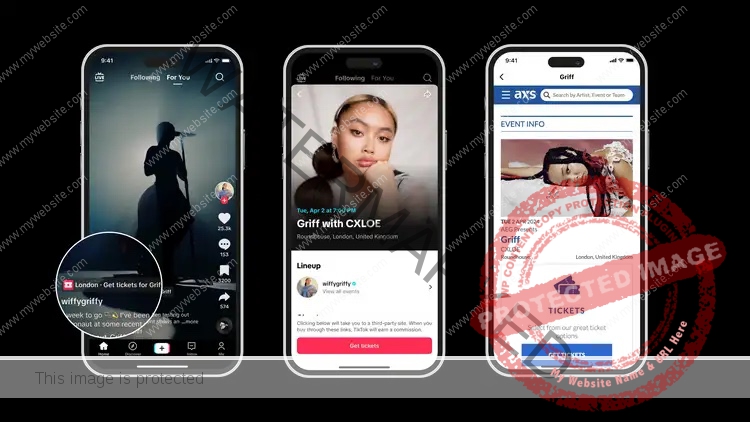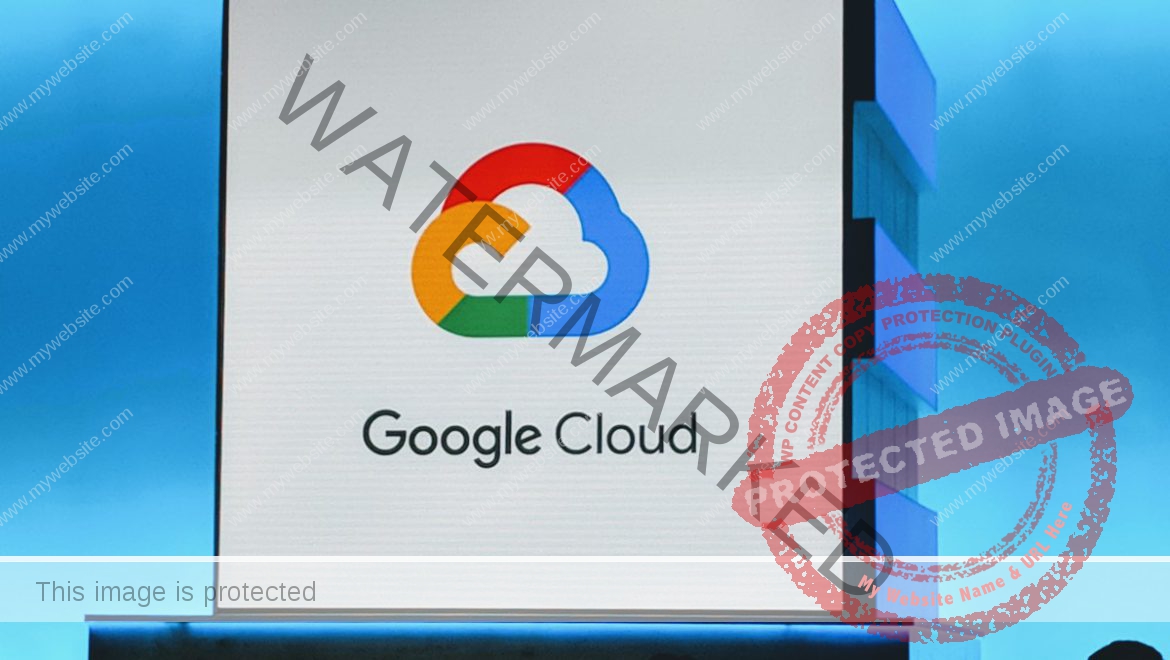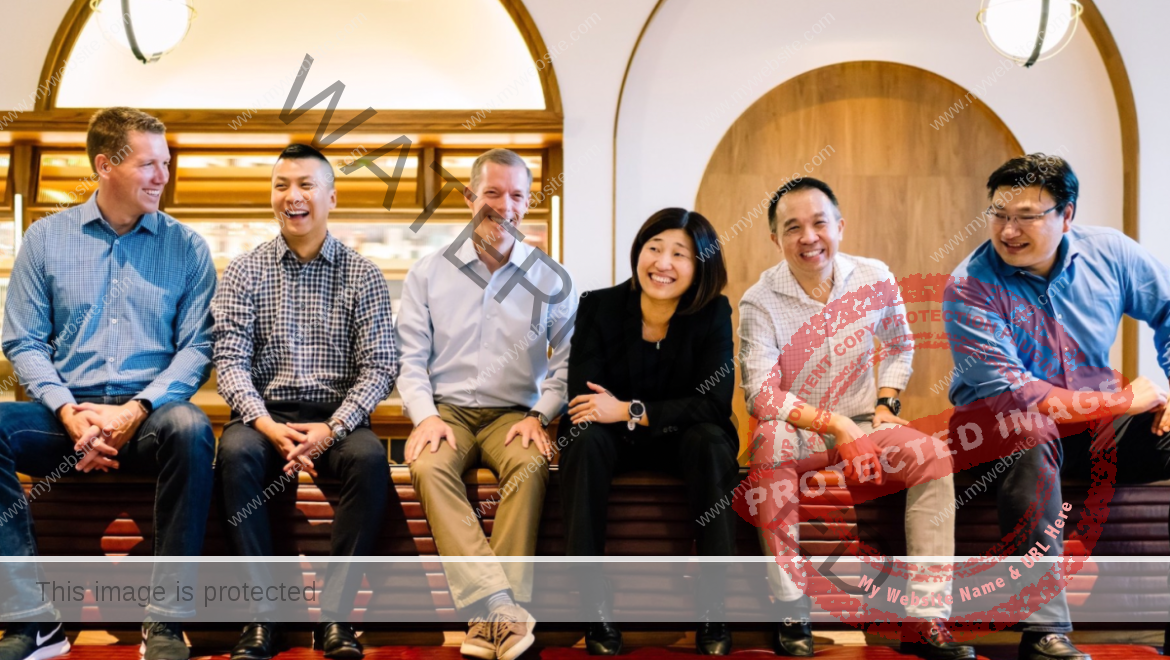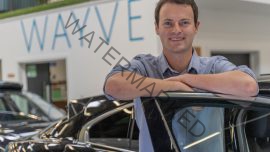Chicago-based Hyde Park Venture Partners closes $98M Fund IV with two investments made so far | TechCrunch
Midwest venture capital firms might always play catch-up to the coasts, but that’s not stopping some firms from pulling in nice-sized funds to support startups in their local ecosystems and overall region.
Despite being so-called “fly-over cities” according to investors focused on the coasts, the money continues to flow into this region. For example, Michigan’s Grand Ventures brought in $50 million in capital commitments last October. In 2023, Columbus-based Rev1 secured $30 million for its third Catalyst Fund aimed at life sciences.
Now it’s Hyde Park Venture Partners’ turn. The Chicago-based early-stage firm has secured $98 million in new capital commitments for its Fund IV. The close of Fund IV gives HPVP total assets under management of approximately $320 million. It has four general funds and a $30 million Opportunity Fund established in 2021.
Raising money
Managing partner Greg Barnes and partners Allison Lechnir and Guy Turner lead the 12-year-old firm that invests in founders primarily in the Midwest and Toronto.
“We are very excited to be putting the new fund to work,” Barnes told TechCrunch “Whenever we’re fundraising, it’s a good reminder of what our companies go through.”
The trio said it was a difficult time to raise capital last year, with Turner saying much of the challenge was “driven by the really fast-paced fundraising environment of the prior two years.”
“A lot of institutional LPs seem to be focused on existing managers,” Turner said. “That being said, we’re really happy with how the fundraise turned out for us and we were able to bring out a lot of great institutions that were new to our funds and to our firm. We’ve been building over the years and have seen larger funds become more institutionalized. That’s important for funds and geographies like ours.”
The limited partner makeup for this fund includes approximately 25% institutional, 35% family office and the remainder is ultra high-net worth individuals. New partner institutions, including NVNG and Cintrifuse Capital, are backing the fourth fund. They join repeat backers, including the Illinois Growth and Innovation Fund, RK Mellon Foundation and Renaissance Venture Capital.
Hyde Park Venture Partners is known for having visibility into more than 90% of mid-continent startups and being early backers of companies like ShipBob, FourKites, G2, LogicGate and Dentologie.
In April, logistics company ShipBob announced it was exploring an initial public offering. Though the firm said they couldn’t comment on what’s going on with the company, Turner said HPVP led the Series A in 2016 and that “they’ve been a phenomenal resource group, and it’s just been a real pleasure.”
HPVP often leads deals, writing average check sizes between $500,000 and $4 million. The new fund will be deployed into between 20 and 22 companies. HPVP has already invested in two companies from the fund: Diffit, which leverages generative AI to enable teachers to create customized lesson plans, and CivCheck, which partners with cities and architects to accelerate the building permitting process.
The firm declined to share cash-on-cash returns information for any of its prior funds. Instead it said its portfolio companies went on to raise a combined $1 billion in follow-on funds. Notable exits include workforce management startup VNDLY acquired by Workday and restaurant tech startup Tock acquired by Squarespace.
Midwest moment
Meanwhile, the Midwest continues to gain ground as a place for startups. TechCrunch also saw this while spotlighting what’s going on in Columbus Ohio’s startup ecosystem in 2022. Much of that is buoyed by “universities and R&D money coming from the federal government that’s pumping directly through universities,” said Christy Cardenas, managing partner of Grit Ventures, as part of a panel discussion with Midwestern VCs back then.
On the same panel, Kelli Jones, general partner of Indianapolis-based Sixty8 Capital, said “all legacy industries that have not been touched by tech and digitization are the things that are going to push our economy forward. You’d have to look at the South and the Midwest as the place where this innovation is really going to start coming from because of the people on the ground, or the people who’ve been doing this work for so long.”
Hyde Park Venture Partners’ Lechnir said one of the advantages of being a Midwest venture capital firm investing at the seed stage is “slightly lower valuations than you would see on the coasts at the seed stage.”
In addition, the pandemic gave Midwesterners a reason to go home, or for others, a chance to live there for the first time.
“Our whole thesis from the first day is that this is a great place to be investing in technology startups,” Lechnir said. “The quality of founders has really increased over the last decade, and we’re seeing a great product manager become the next founder. They brought this influx of talent.”
Speaking of talent, the trio noted that one of HPVP’s differentiators is bringing on Jim Conti as talent partner.
Barnes believes Hyde Park Venture Partners is one of the smallest funds to have someone in this type of role.
“We are focused on bringing top talent to our teams and also developing our network,” Barnes said. “This region is where everyone cross-populates. They’re born here, they go to college in the next state over and then they go to the next state because their husband or wife’s from there. Our talent partner spends lots of time getting to know people in the region so there’s a lot of really tight connections that we’ve built over the years.”

